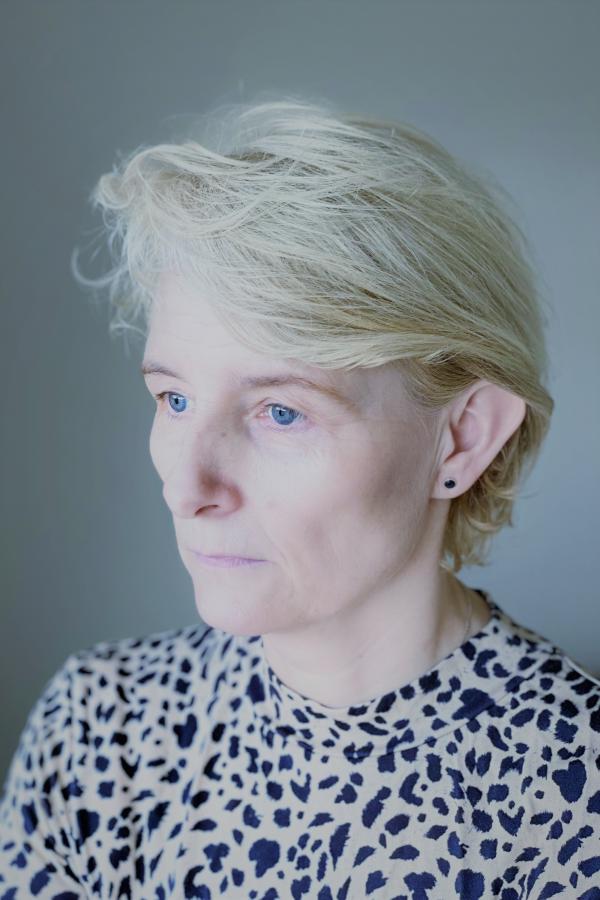Overview
Informal caregivers play an integral part in health and social care. They are key to supporting people living with brain health difficulties to maintain a quality of life and remain in their own homes as long as is practicable. Worldwide the majority of informal caregivers are women, and generally family members. The value of unpaid informal care is enormous in economic terms, the societal value of caregivers is often culturally dependent.
Caregiver burden affects the physical, psychological and emotional well-being of informal caregivers. As such they are a vulnerable population with accompanying physical and psychiatric morbidities. Using mixed research methods my work explores burden and the range of experiences associated with informal caregiving in neurodegenerative disease using amyotrophic lateral sclerosis (ALS) as a model. ALS is a rapidly progressive condition with physical, cognitive and behavioral impairment.
Project Details
Building on my work within Ireland, my GBHI/ALZ funded pilot project describes informal caregiver cohorts in three European countries (Ireland, England and the Netherlands; n=150 approx.), their assessment of burden, difficulties and positive aspects experienced as a result of providing care to people with ALS. The work involves data mining, focus group discussions, statistical and qualitative analysis and culturally referenced engagement throughout.
Understanding these experiences allows for better supporting the caregiver, and in turn, the people for whom they provide care. The pilot study will establish the feasibility of using existing Irish caregiver survey protocols in a wider European context. The further objective is to extend work on understanding the multidimensional nature of caregiver burden for those living with neurodegenerative diseases and dementias in lower- and middle-income countries.





